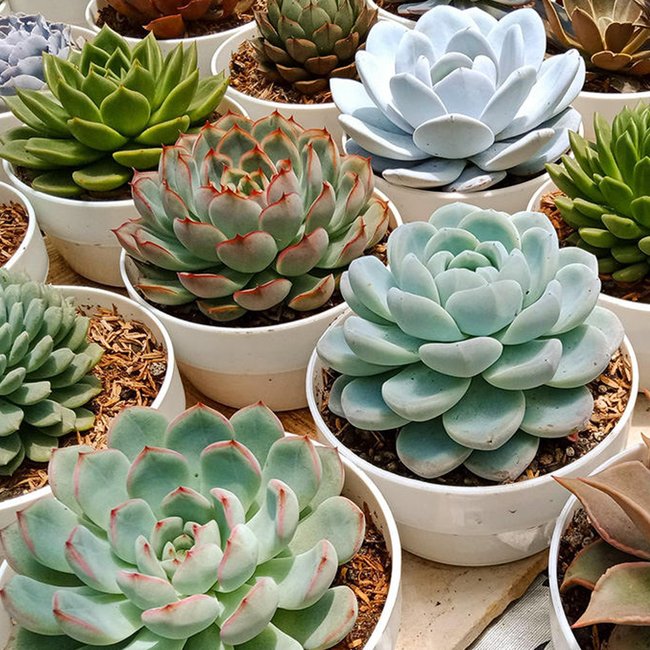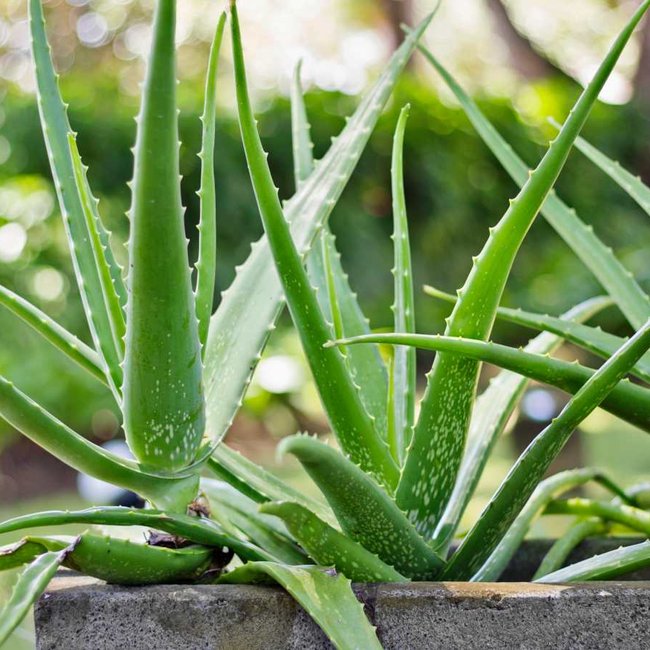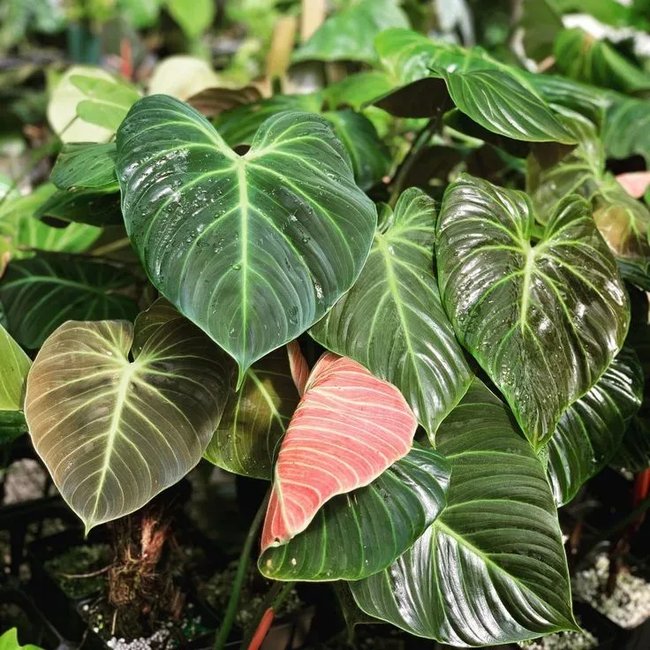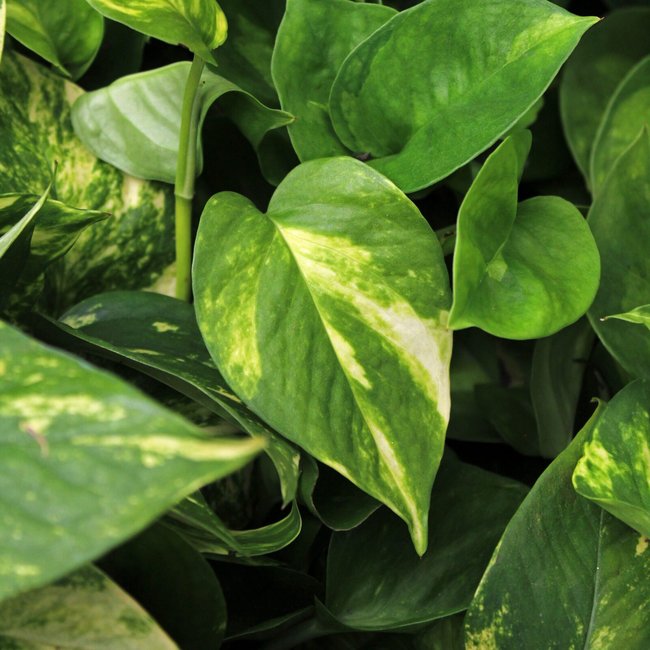Salt water alligators
Saltwater alligators, also known as estuarine crocodiles, are the largest living reptile in the world. They are found in the brackish waters of the Indo-Pacific region and can grow up to 6m in length and weigh over 1,000kg. They are powerful predators and are highly adaptable, able to survive in a wide range of habitats.
Meta Information
Scientific Name
Crocodylus porosus
Average Lifespan
Up to 70 years
Average Size
Up to 6m
Similar To
American alligator, Nile crocodile, Orinoco crocodile, Mugger crocodile
Lifecyle
Saltwater alligators reach maturity at around 8-10 years of age and can live for up to 70 years in the wild. They have complex courtship rituals and mating takes place in the water. Females lay up to 50 eggs in a nest made of mud and vegetation and guard them until they hatch after around 90 days.
Diet
Saltwater alligators are opportunistic predators and feed on a wide variety of prey including fish, crustaceans, birds, reptiles and mammals. They also scavenge dead animals and can even hunt in groups.
Habitat
Saltwater alligators are found in the brackish and coastal waters of India, Southeast Asia, northern Australia and the islands of the South Pacific. They prefer shallow, slow-moving rivers, estuaries, mangrove swamps and mudflats.
-
What are saltwater alligators?
Saltwater alligators, also known as saltwater crocodiles, are the largest living reptiles in the world. They are found in the brackish and saltwater habitats of Southeast Asia, Australia, and the Pacific islands. These crocodiles can grow up to 23 feet long and weigh as much as 2,200 pounds. They have a broad snout, powerful jaws, and sharp teeth that make them formidable predators.
-
How do saltwater alligators hunt?
Saltwater alligators are apex predators and hunt by ambush. They use their powerful jaws to crush prey and are known to eat a variety of animals, including fish, birds, mammals, and even other crocodiles. Their hunting technique involves stalking their prey from the water and launching a surprise attack. They are known to be patient hunters and can wait for hours or even days for the right opportunity to strike.
-
How do saltwater alligators survive in saltwater?
Saltwater alligators have special glands in their tongue that allow them to excrete excess salt from their bodies, which helps them survive in saltwater habitats. They also have a special valve in their heart that allows them to regulate the flow of blood to their lungs, which helps them stay underwater for extended periods. Their skin is also adapted to tolerate saltwater, as it is thicker and more armored than that of their freshwater counterparts.
-
Are saltwater alligators endangered?
Saltwater alligators are classified as a vulnerable species due to habitat loss, hunting, and pollution. In some areas, they are hunted for their meat, skin, and bones, which are used in traditional medicine. However, conservation efforts have been put in place to protect their populations, and their status has improved in recent years. It is important to continue to protect these apex predators to maintain the balance of their ecosystems.
-
Can saltwater alligators be kept as pets?
It is illegal to keep saltwater alligators as pets in most countries, as they are dangerous and require specialized care. Even in areas where it is legal, it is not recommended, as they are large, powerful, and potentially deadly animals. It is important to respect these creatures in their natural habitats and leave them undisturbed.
-
How do saltwater alligators mate and reproduce?
Saltwater alligators mate during the dry season when water levels are low. Males will emit a loud bellowing noise and engage in courtship behavior to attract females. Once a pair has mated, the female will lay her eggs in a nest made of mud and vegetation near the water's edge. She will then cover the eggs with more vegetation and guard them until they hatch. The sex of the offspring is determined by the temperature of the nest, with males hatching from cooler nests and females from warmer nests. The hatchlings are completely independent and will stay near the nest for a few days before venturing out into the water.
-
Are saltwater alligators dangerous to humans?
Saltwater alligators are one of the most dangerous animals in the world and are responsible for numerous human fatalities each year. They are known to be aggressive and territorial, and will attack humans if they feel threatened or provoked. It is important to avoid swimming or wading in areas where saltwater alligators are known to live and to take precautions when in their habitat, such as staying alert and keeping a safe distance. If you encounter a saltwater alligator, it is best to slowly back away and not disturb it.
10 Fun Facts About
1. Saltwater alligators are the only species of crocodilian capable of swimming in the open ocean. 2. They can hold their breath for up to two hours. 3. They have been known to attack boats and humans. 4. They can survive in temperatures as low as 4°C. 5. They have a unique ability to detect vibrations in the water. 6. They have an impressive sense of smell and can detect prey from up to a mile away. 7. They can jump up to 5m out of the water to catch prey. 8. They are the apex predator in their ecosystem and have no natural predators. 9. They can live in both salt and fresh water. 10. They are capable of running on land at speeds of up to 17km/h.
Pun
Saltwater alligators are a real "shore" thing!
Out Thoughts About
🐊 These powerful predators are truly amazing creatures!







